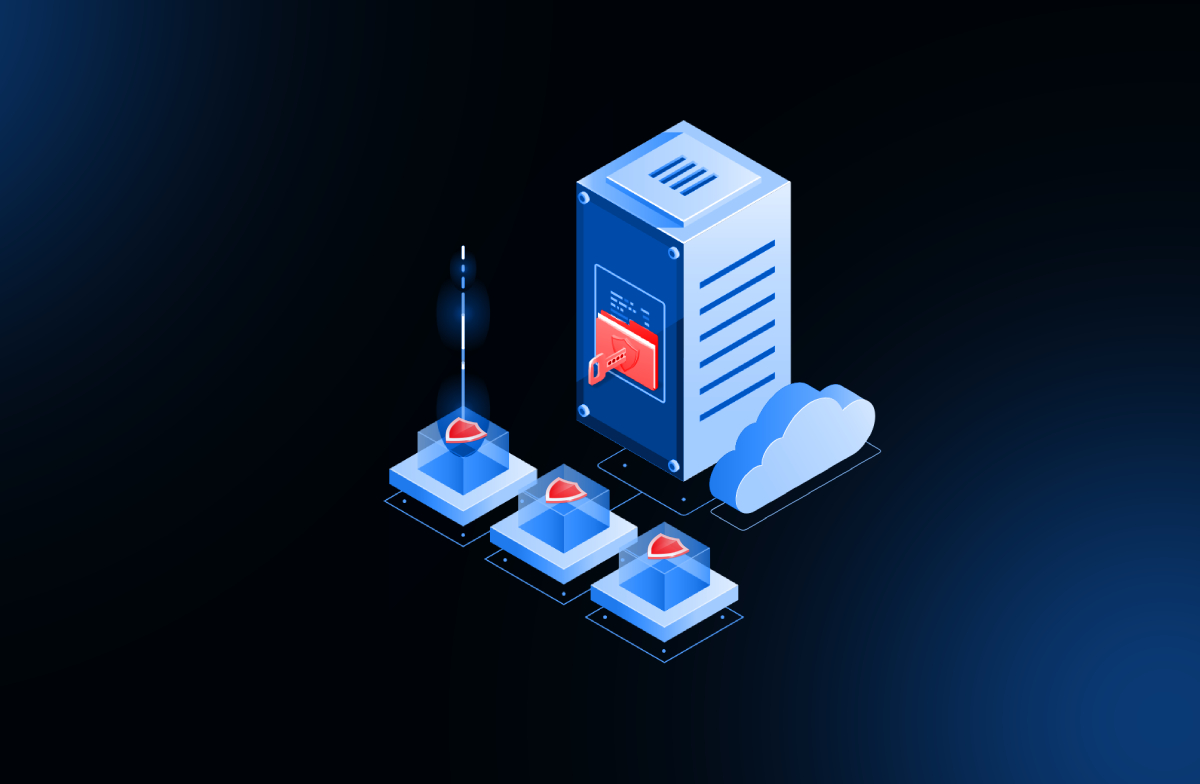
Physical Servers vs. Virtual Servers: Optimizing Business IT
In today’s dynamic business landscape, understanding the differences between physical and virtual servers is crucial for designing an efficient and secure IT infrastructure. Each type offers distinct advantages and disadvantages, making the choice a strategic decision based on specific business needs.
Physical Servers: Traditional Powerhouses
Physical servers are individual hardware machines with dedicated resources, providing:
High Performance
Ideal for resource-intensive applications, offering robust computing power.
Isolation
Standalone nature reduces interference, providing a secure environment for sensitive applications.
Predictability
Dedicated resources ensure consistent and reliable performance, vital for specific operational needs.
Virtual Servers: Agile Innovators
Virtual servers operate as software-emulated machines on a physical host, offering:
Efficiency
Better hardware utilization through resource virtualization.
Scalability
Easily adaptable to changing demands, allowing for quick scaling.
Cost-effectiveness
Reduced hardware costs and power consumption make them a budget-friendly choice.
Comparing the Two: A Strategic Decision
The choice between physical and virtual servers depends on business requirements:
Physical Servers
Ideal for high-performance demands and security-sensitive applications.
Virtual Servers
Ideal for businesses seeking flexibility, cost savings, and dynamic scalability.
Hybrid Solutions: Best of Both Worlds
A combination of physical and virtual servers offers a balanced solution:
Leverages strengths of both
Optimizes performance, security, and cost.
Security and Backup Considerations
Both server types have unique backup and security needs:
Physical Servers
Traditional hands-on maintenance.
Virtual Servers
Centralized management and easier disaster recovery.
The Future of Server Infrastructure
While virtualization trends for flexibility and cost benefits, physical servers remain critical in many IT environments.
Tailored Solutions to Business Needs
The decision should be based on:
Performance needs
Scalability requirements
Budget constraints
Cybersecurity concerns
Both physical and virtual servers have their place in modern IT infrastructure. The right choice depends on specific business demands.


